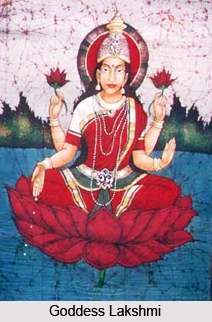 Varaha Upanishad has four chapters that describe the seven stages of wisdom. Sage Ribhu performed penance for twelve Deva years. After that the Lord appeared before him in the form of a pig. The sage got up and said that All the Vedas, Shastras, Itihasas and other sciences, as well as Brahma and all the other Devas, speak of liberation. He tells Lord to impart that science of Brahman which treats thy nature. Then the boar-shaped Lord says that there are twenty-four principles.
Varaha Upanishad has four chapters that describe the seven stages of wisdom. Sage Ribhu performed penance for twelve Deva years. After that the Lord appeared before him in the form of a pig. The sage got up and said that All the Vedas, Shastras, Itihasas and other sciences, as well as Brahma and all the other Devas, speak of liberation. He tells Lord to impart that science of Brahman which treats thy nature. Then the boar-shaped Lord says that there are twenty-four principles.
Aspects of Jiva, organs of actions have been mentioned. Hunger, thirst, grief, delusion, old age and death are considered as the six infirmities. The six sheaths are Skin, blood, flesh, fat, marrow and bones. Passion, anger, greed, illusion, pride and hatred are six kinds of foes. Vishva, Taijasa and Prajna are considered as the three aspects of the Jiva. Sattva, Rajas and Tamas are considered as the three qualities.
Ribhu addressed Goddess Lakshmi. Thereafter it is said that the man who sees his atman has no caste bounding. Those with spiritual eyes see Brahman that has the characteristics of wisdom and bliss. A person becomes immortal by cognizing Brahman. A person who knows his own Atman as Brahman is not afraid of anything. Something that is all-pervading, eternal, and indestructible is a true Brahman. Whatever is consciousness in the universe is only Chinmatra.
The wise do not identify themselves with gross and subtle bodies. Shastras perishes. Maya is destroyed in a three-fold manner. If within him no identification takes place, the state of Jiva does not perish.
This article is a stub. You can enrich by adding more information to it. Send your Write Up to content@indianetzone.com



















